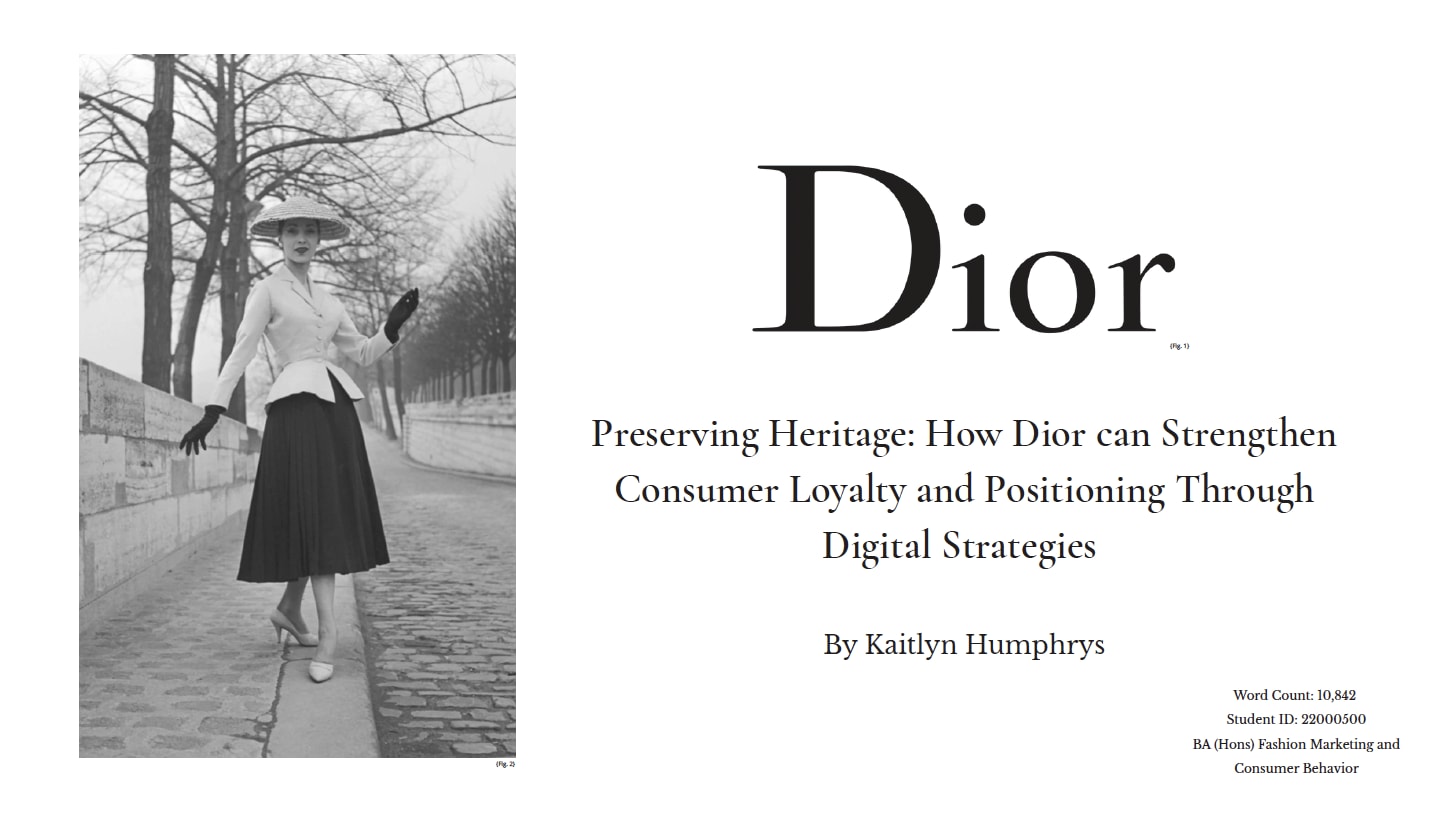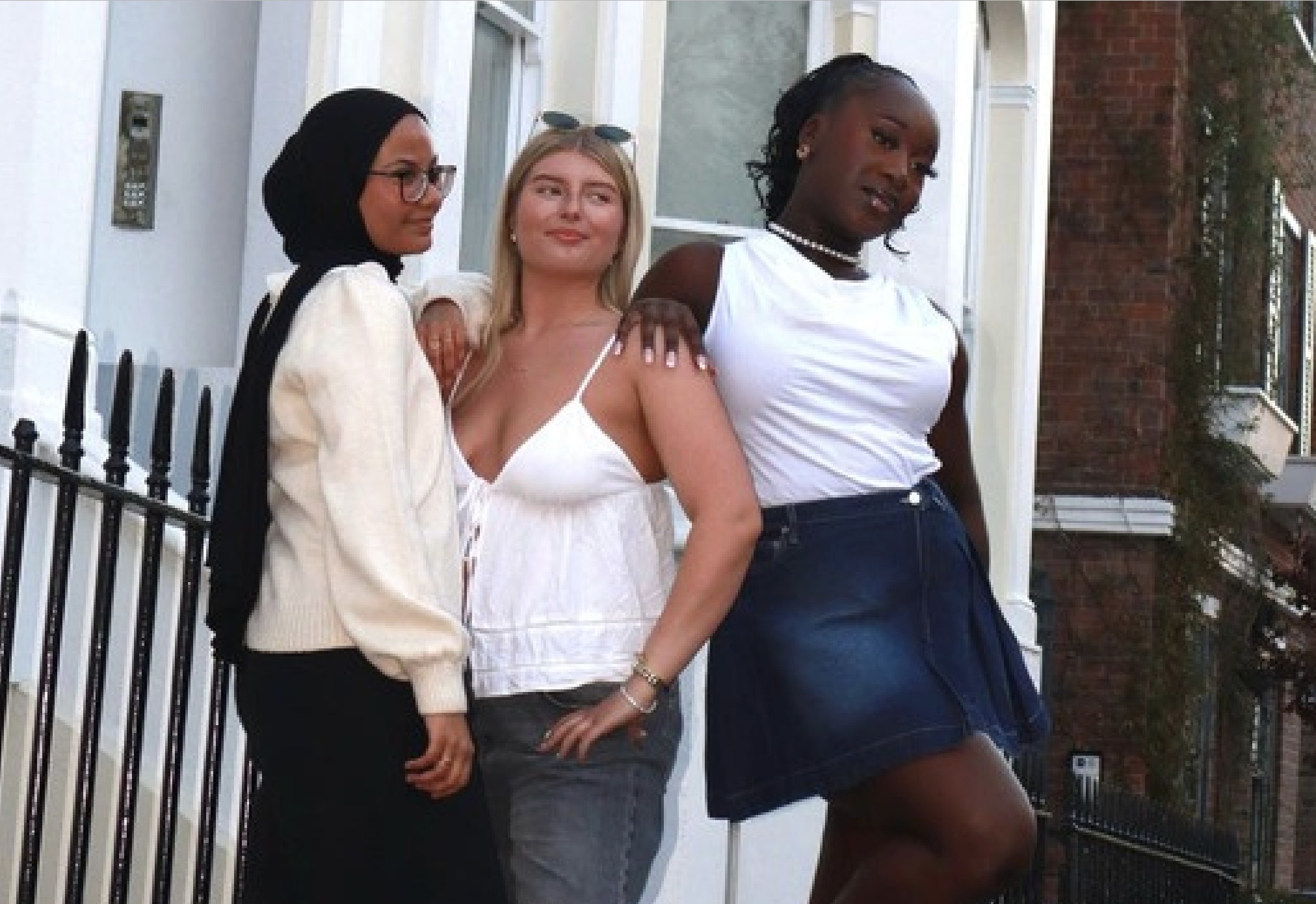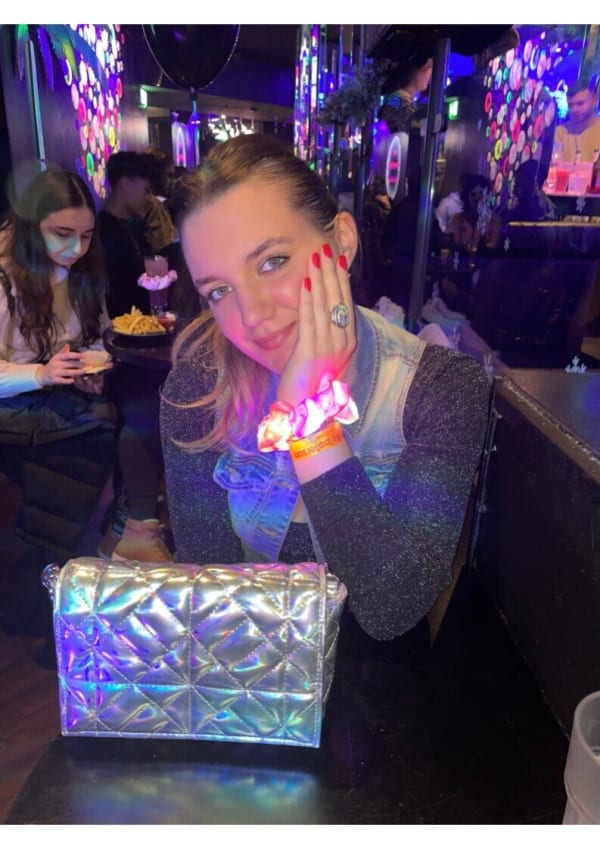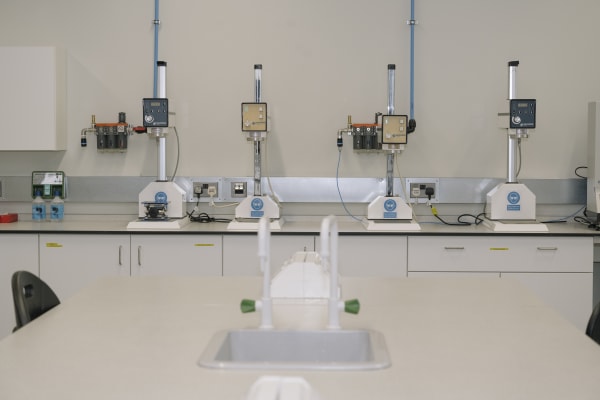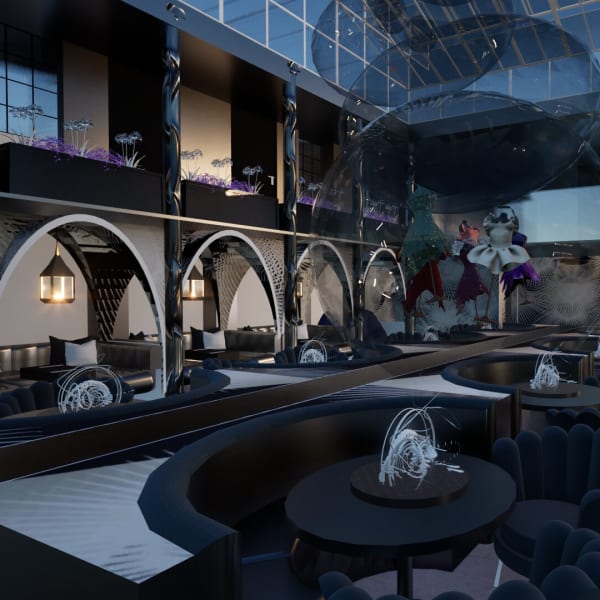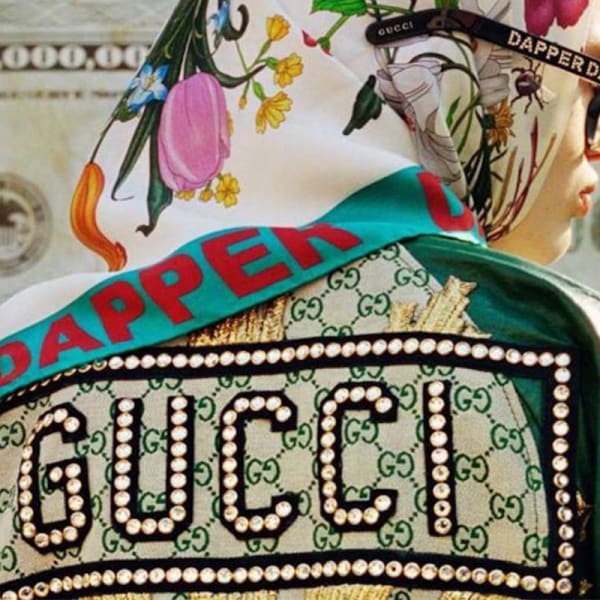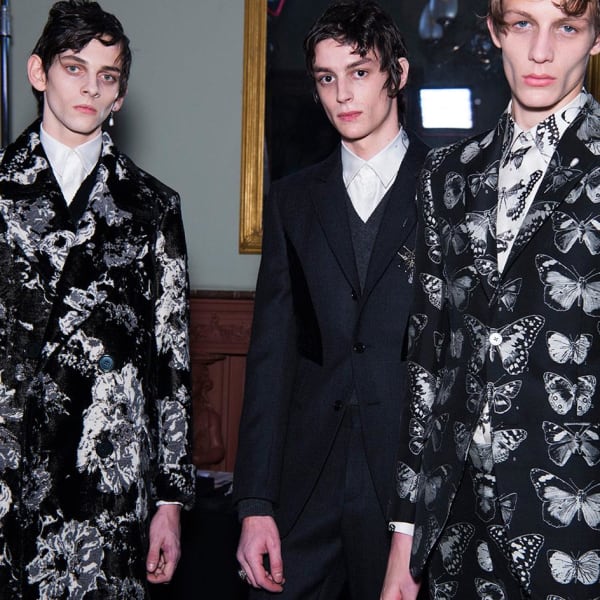Course units
This course runs alongside BA (Hons) Fashion Marketing. Whilst each course has its own specialism and distinct focus, there are areas of commonality, presenting opportunities for cross-course teaching and student collaboration. The Year One, Block 1 curriculum is shared across both courses. In Year One, Block 2 the specialisms emerge.
Year One
Block 1
Introduction to Fashion Marketing & Consumer Behaviour introduces you to your course and its subject specialism as well as to effective learning and studentship at undergraduate level. Students come from many diverse educational backgrounds and a part of this unit will enable to you reflect on your own background and how that shapes the way you approach your course. (20 Credits)
The Principles of Fashion Marketing introduces you to what marketing is and how it is defined. You will learn about the role of marketing, its cross-functional importance and its contribution to fashion business success. You will gain knowledge about the marketing planning process, segmentation, the internal and external marketing environment, and the marketing mix. (20 Credits)
Global Fashion Branding: Theory will develop your understanding of the brand building and brand management process in the fashion industry from a global perspective. You will learn how fashion businesses build brand identity, brand image and brand personality and how brands target and communicate their brand message to consumers across multiple channels. You will evaluate brand performance for a fashion business operating internationally. (20 Credits)
Block 2
Fashion Consumer Research will introduce you to theories of consumer behaviour applied to the fashion context. This unit will help you build a foundation in market research methodologies and practice. You will learn how to conduct market research, extract consumer insights and present actions that solve business questions. (20 Credits)
Global Fashion Branding: Communications will develop your understanding of integrated marketing communications and public relations in the fashion industry. You will use the components of the marketing communications mix to generate campaigns and PR strategy. Industry and cross-course collaboration will feature. (20 Credits)
Fashion Cultures and Histories: This unit investigates fashion as a social, political and cultural practice. It foregrounds fashion’s role in representing and communicating identity through historical and contemporary forms of dress, from everyday style to haute couture. The unit will introduce you to key concepts, debates and ways of thinking about fashion as an expressive visual tool and a material object, and it will provide you with a foundation for further study in fashion cultures and histories. (20 Credits)
Year Two
Block 1
Consumer Behaviour and Data Analysis introduces you to concepts of human behaviour through an investigation of how and why we buy fashion goods and services. You will explore nudge theory and behavioural economics and evaluate consumer behaviour in different parts of the world. You will also gain an understanding of how to use data in decision-making. (40 Credits)
Critical Issues in Fashion Research will broaden or deepen your learning of areas relating to your interests in your chosen field of cultural and historical studies in fashion. You will participate in lectures, seminars and workshops with students from other courses within your School and will read relevant academic texts and complete a formal academic essay for assessment. (20 Credits)
Block 2
Work Experience Based Learning gives you the opportunity to apply your subject knowledge in a work-based context. (20 Credits)
Consumer Psychology introduces you to the science of consumer behaviour and the mental traits, states and processes that determine it. You will explore how consumer psychology can impact business decisions. (20 Credits)
Futures and Innovation looks at current issues affecting the fashion industry in general and fashion marketing and consumer behaviour in particular. You will explore various trend indicators that are likely to point to important influencing factors in the future. This unit allows you to explore areas you could further develop in Final Year. It offers opportunities for cross-course and industry collaboration. (20 Credits)
Optional Diploma Year
Industry DIPS
This optional diploma can be taken between years 2 and 3. With support from your tutors, you’ll undertake an industry placement for a minimum of 100 days/20 weeks. As well as developing industry skills, you’ll gain an additional qualification upon successful completion.
Enterprise DIPS
This optional diploma can be taken between years 2 and 3. With support from your tutors, you’ll undertake an enterprise placement year where you will explore a business idea from proposal to minimal viable product (MVP). As well as developing enterprise skills, you’ll gain an additional qualification upon successful completion.
CCI Creative Computing
Between years 2 and 3, you can undertake the year-long Diploma in Creative Computing. This will develop your skills in creative computing alongside your degree. After successfully completing the diploma and your undergraduate degree, you’ll graduate with an enhanced degree: BA (Hons) Fashion Marketing and Consumer Behaviour (with Creative Computing).
CCI Apple Diploma
Between years 2 and 3, you can undertake the year-long Diploma in Apple Development. This will give you an opportunity to become an accredited apple developer alongside your degree. After successfully completing the diploma and your undergraduate degree, you’ll graduate with an enhanced degree: BA (Hons) Fashion Marketing and Consumer Behaviour (with Apple Development).
Final year
Block 1
Project Proposal enables you to build a foundation in the theory and practice of research, exploring a range of methodologies. You will develop a research proposal to inform your final major project. (20 Credits)
Fashion Marketing & Consumer Behaviour Strategy unit develops your understanding of corporate strategy and business models to enable you to analyse fashion strategies at corporate and business levels. You can choose a specialist option that reflects your course and career aspirations. (40 Credits)
Block 2
The Final Major Project gives you the opportunity to develop a project within the general areas of fashion marketing and/or consumer behaviour. This can reflect your particular interests and future career aspirations. The final outcome of your project will be a considerable body of work and will culminate with an opportunity to showcase your work. (60 Credits)



